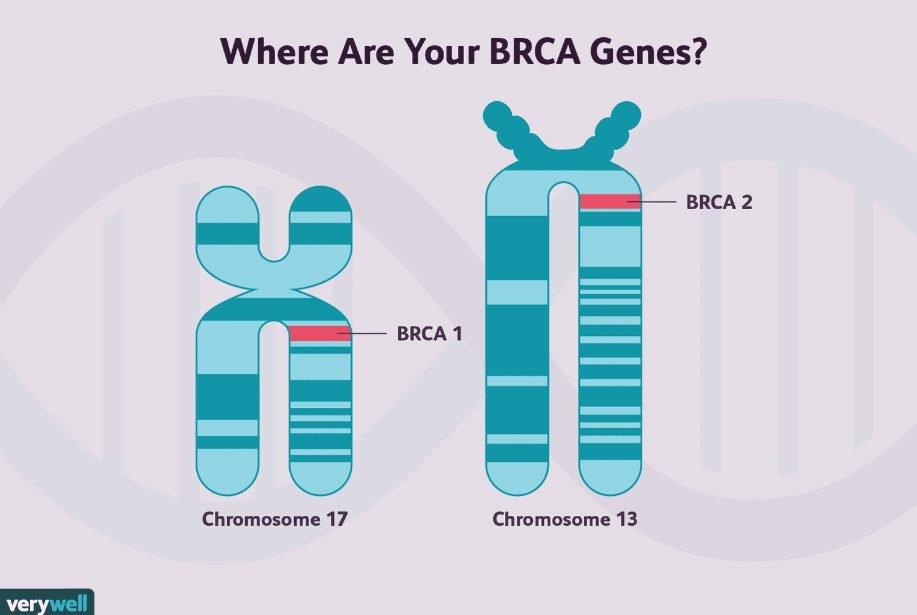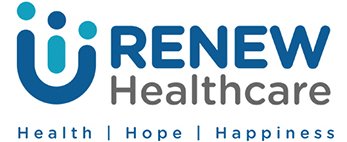Angelina Jolie Did It, Should You? Weighing the Pros and Cons of BRCA Testing

Introduction
Angelina Jolie’s decision to undergo a preventative mastectomy due to a breast cancer gene mutation sparked a global conversation on genetic testing and brought hereditary cancer testing into the spotlight. “The Angelina Effect” led to a surge in breast cancer gene testing and preventative surgeries, raising awareness and likely saving lives.
However, concerns arose about women rushing into surgery without fully understanding their individual risks. Years later, genetic testing has become more advanced. Is breast cancer gene mutation testing right for everyone?
The focus has shifted towards informed decision-making. At Renew Healthcare, we understand the importance of genetic counselling – which helps women with a family history or cancer diagnosis understand their options and make the best choices for their health. Here, we clearly and concisely break down the pros and cons of testing for breast tumour markers.
Understanding Hereditary Breast Cancer
In India, breast cancer is a leading concern for women, with some families having a much higher risk than others. Hereditary Breast and Ovarian Cancer (HBOC) can be passed down from parents through genes. Researchers are still learning more, but specific genes, like BRCA1 and BRCA2, can increase a woman’s chances of getting breast cancer by upto 85% and ovarian cancer by up to 30%. Studies suggest that around 10-15% of all breast cancer patients in India carry a gene mutation, with BRCA1 and BRCA2 likely explaining 40-50% of those identified mutations.
BRCA Testing: Understanding Your Risk for Breast and Ovarian Cancer
BRCA1 and BRCA2 stand for Breast Cancer Genes 1 and 2. These genes act like bodyguards for your DNA, constantly working to repair damage that can lead to cancer. Unfortunately, sometimes these genes themselves inherit mutations, glitches in their instructions, that weaken their ability to do their job.

BRCA testing is a genetic test that analyses your DNA to see if you carry these specific mutations in BRCA1 and BRCA2. If a mutation is present, it significantly increases a woman’s risk of developing breast and ovarian cancer throughout her lifetime. While not everyone with a BRCA mutation will develop cancer, the test allows women to understand their risk and take proactive steps towards managing their health.
Who Should Consider BRCA Testing?
BRCA testing isn’t recommended for everyone, but it can be a valuable tool for women with certain risk factors. Here are some key situations where discussing BRCA testing with your doctor might be a good idea:
- Family History: If you have a strong family history of breast or ovarian cancer, especially in close relatives like your mother, sister, or daughter, you may be at an increased risk of carrying a BRCA mutation. This is particularly true if your relatives were diagnosed at a young age (under 50) or developed multiple cancers.
- Personal History of Breast Cancer: A personal history of breast cancer, especially if diagnosed before age 50, is another factor that can increase your risk of having a BRCA mutation. Early-onset breast cancer suggests a potential underlying genetic predisposition.
- Other Cancers: While less common, a personal history of certain other cancers, such as male breast cancer, pancreatic cancer, or high-grade serous ovarian cancer, can also be a reason to explore BRCA testing.
The Pros and Cons of BRCA Testing: Weighing Your Options
BRCA testing can be a powerful tool for understanding your risk of developing breast and ovarian cancer. However, it’s a personal decision with both potential benefits and drawbacks. Let’s explore both sides of the coin:
The Pros of BRCA Testing:
- Empowerment: Knowledge is power. Knowing your BRCA status allows you to take charge of your health. A positive test result doesn’t mean you will get cancer, but it allows for proactive measures to reduce your risk significantly.
- Early Detection: If you test positive, you can get more frequent screenings like mammograms and MRIs. Early detection saves lives! 99% of women diagnosed with early-stage breast cancer survive five years, while only 30% do at the most advanced stage.
- Preventative Options: A positive test can open doors to preventive measures. This could include surgeries like mastectomy (breast removal) or oophorectomy (ovary removal) to reduce your cancer risk significantly. Additionally, chemoprevention medications might become an option.
- Family Planning: Understanding your BRCA status can inform your family planning decisions. You can discuss potential risks with partners and explore options like genetic testing for your children if you choose to have them.
The Cons of BRCA Testing:
- Emotional Impact: A positive test result can be emotionally overwhelming, raising anxiety and fear about cancer. Genetic counselling can help you process these emotions and develop coping mechanisms.
- Uncertainty: Sometimes, test results can be inconclusive (called a variant of uncertain significance). This can be frustrating and lead to further testing and emotional strain. A genetic counsellor can explain the meaning of these results and help you navigate the next steps.
- Insurance Implications: A positive test result may affect your ability to obtain or increase health or life insurance costs. However, genetic discrimination laws are becoming more strict, and these concerns may be less of a factor than in the past. Discussing insurance implications with a genetic counsellor is crucial.
Renew Healthcare Can Help
BRCA testing is a personal decision. At Renew Healthcare, our genetic counsellors can guide you through the process. They will discuss your family history, explain the test, address your concerns, and help you interpret the results. We offer various genetic counselling services, including:
- Adult Genetic Counseling: Discusses your risk factors and guides you through decision-making regarding genetic testing.
- Hereditary Cancer Genetic Counseling: Specializes in hereditary cancer risks and helps you understand your BRCA status.
Remember: Knowledge is power. Contact Renew Healthcare today to schedule a consultation with a genetic counsellor and explore your options for BRCA testing. Together, we can help you make informed decisions for your health and well-being.
Key takeaways
- Angelina Jolie’s preventative mastectomy highlighted the importance of genetic testing and influenced many women to consider BRCA testing for breast cancer risk.
- BRCA1 and BRCA2 gene mutations significantly increase breast and ovarian cancer risks; testing can guide proactive health decisions.
- BRCA testing is recommended for individuals with a strong family or personal history of breast or ovarian cancer and other specific cancers.
- Testing can lead to early detection and preventive measures but also involves potential emotional and insurance implications.
- Guidance from genetic counsellors, like those at Renew Healthcare, helps individuals understand their risks, testing results, and next steps.
